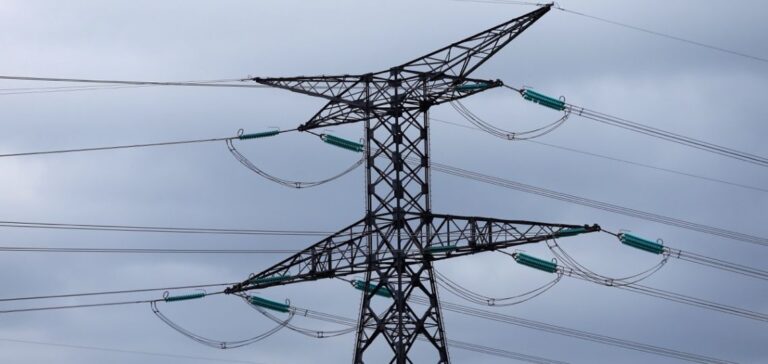At least 130 million people in Bangladesh, or more than 80% of the population, were left without electricity on Tuesday after a giant blackout of unknown cause, amid the global
energy.
Bangladesh, which relies heavily on gas imports to generate electricity, has been suffering for several months from rising world prices following Russia’s invasion of Ukraine.
As night fell, the usually lit streets of central Dhaka, a megalopolis of more than 22 million people, remained in darkness. And on the markets, the vegetable sellers were lit with candles, noted the AFP.
But “at 21H00 (15H00 GMT), the power was restored”, and this “in the whole country”, assured AFP A.B.M Badruddoza, spokesman of the national company of the electric network.
But the national power company still had no explanation for the outage by the evening. “The investigation is still ongoing,” added Shamim Ahsan, spokesman for the Energy Development Council, referring to the possibility of technical failure.
This giant blackout, which lasted from 14:00 to 21:00, affected the entire network, except for parts of northwestern Bangladesh.
The poor country, which has many factories supplying clothing for Western brands, has been struggling for weeks to finance the import of sufficient diesel and gas to meet the demand for electricity.
– Poor infrastructure –
Dhaka had to introduce “austerity measures”. And the country’s diesel power plants producing electricity, with a production capacity of 1,500 megawatts. And some gas-fired power plants have been shut down.
Bangladesh’s power plants “rely heavily on natural gas,” the U.S. Department of Commerce notes on its website in a July 2022 Bangladesh Country Note.
However, “power generation capacity has increased significantly over the past decade, despite poor transmission and distribution infrastructure, inadequate thermal efficiency,” Washington analyzes.
The Bangladesh government had imposed long power cuts in July to conserve existing stocks, with outages lasting up to 13 hours a day. But the cuts had never before reached such proportions.
Tens of thousands of mosques in the country had been ordered to run air conditioners only during the five daily prayers, to relieve pressure on the power grid.
The government had also ordered scheduled power cuts of up to two hours a day and the closing of stores after 8 p.m.
He also called on the public to conserve energy and talked about the possibility of officials carpooling, shortening office hours and holding online meetings.
The shortages have been exacerbated by the depreciation of the local currency, the taka – by about 20 percent against the dollar, according to economists – and the decline in foreign exchange reserves.
The anger of the population has intensified following the previous power cuts.
At least three protesters were killed by the police during large rallies in Dhaka against the rising cost of living.
About 100 people were injured in a demonstration that was violently repressed by the police, according to the opposition Bangladesh Nationalist Party.
Consumer price inflation has also hit household budgets hard, and the government has recently pledged to cap the price of several staple foods, including rice, in order to ease public discontent.
Bangladesh had previously experienced a large-scale power outage in November 2014. About 70% of the country was then without electricity for almost ten hours.





















